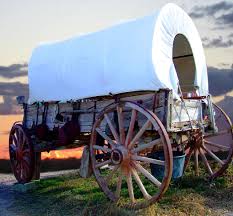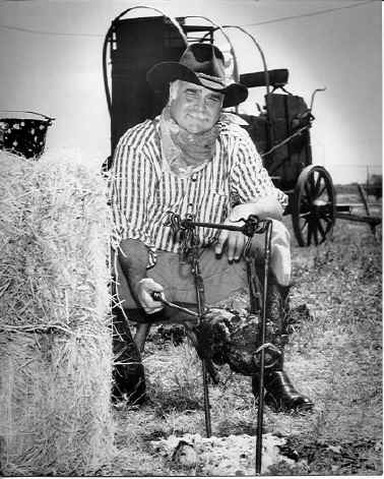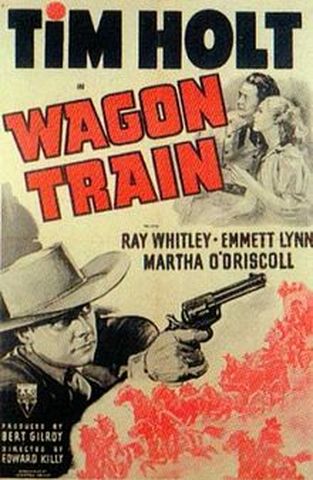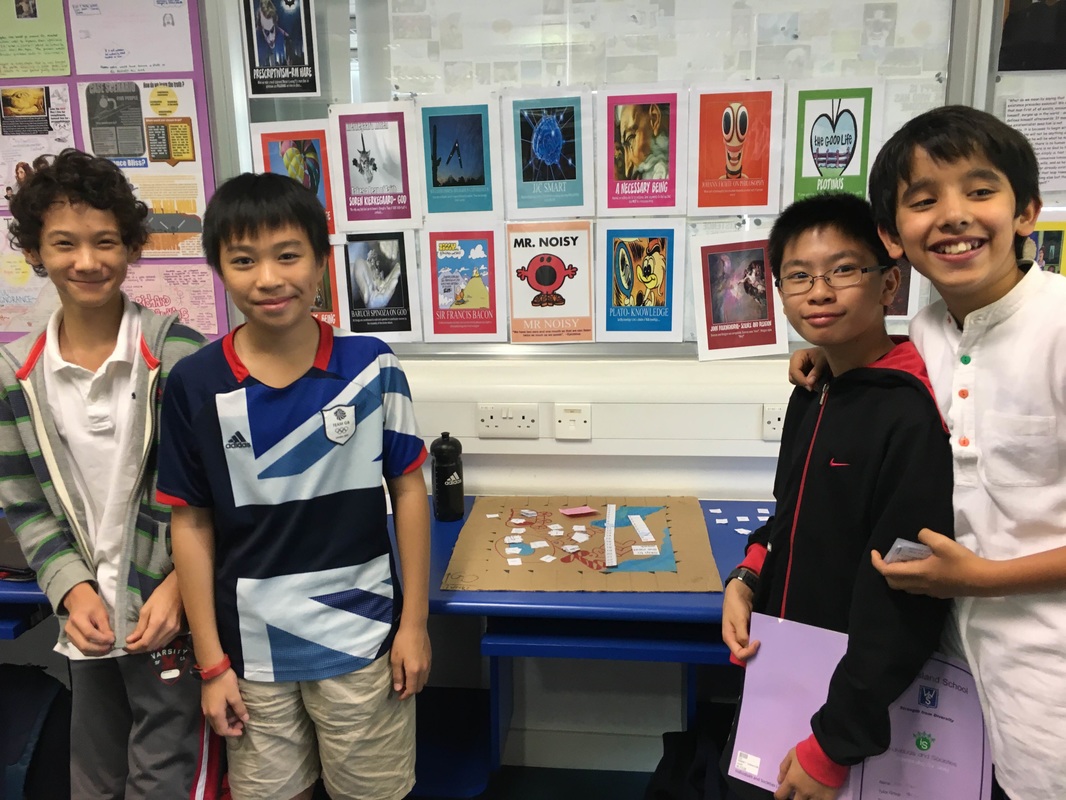0. Introduction to Westward Expansion
|
During the 19th Century thousands of settlers who had originally come to America from Europe and settled in the major East coast cities of New York and Boston began to move West. You will examine their motivations in deciding to embark on what were dangerous journeys into the unknown. Later in this section we will then begin to look at the consequences for the Sioux and other Native American tribes.
|
| ||||||
1. Why did 'white settlers' come into contact with the Sioux?
|
Your teacher will guide you through this interactive lesson
| |||||||||||||||||||
---------------------------------------------------------------------------------------------------------------------------------------------------------------------
2. What was the experience of journeying West?
We need to think about the experience of those who travelled West in order to help us to understand the attitude that they had to the Sioux and the land that they occupied. The following simulation will help you to have empathy with these early travellers.
|
A: PREPARING FOR THE JOURNEY
Dangers and Hazards i) Add a subtitle 'Dangers and Hazards' on your Google Site under your work on 'Why go West?' ii) Watch the documentary (16:30) and bullet point all the dangers and hazards of joining a wagon train as you can. iii) Appoint a team leader. The leader should follow this link, make a copy of the presentation and share it with their team. - Complete slides 1 and 2 first - you should do this through discussion - one or two of you can be typists. - Take one of the slides 3 - 8 as an individual - make sure you all have a different one! Now complete your chracter's back story as per slide prompts. This should be historically accurate. iv) Extension: Play this game - try to think about what you should bring with you on this trip, add to slide 9. What to take? i) Discuss with your group - what items would you ideally take? You should think about what would have been around at the time and what you will need to overcome that dangers. ii) Pick your ten items off the board and record them on slide 10. |
|
B: THE JOURNEY i) Appoint a record keeper who will use slide 11 to record progress. ii) Each team member should make their own copy of the presentation - complete the last reflection slide, make any presentation changes that you would like to and then insert into your Google Site. iii) You can review your journey by downloading the file below after the game has finished.
| |||||||
------------------------------------------------------------------------------------------------------------------------------------------------------------------------------------------
3. Assessment
|
The homework for the next week is to make a creative learning experience that teaches other students about the journey West - one example would be the game we played in class.
You can:
ii) The dangers and hazards they faced iii) The ways in which problems were solved (e.g. items taken with them etc) iv) Historical realism - dangers such as alien attacks and ebola outbreaks will mean your game is not accurate and will therefore score very poorly. CLICK HERE to sign up and see rubric |



